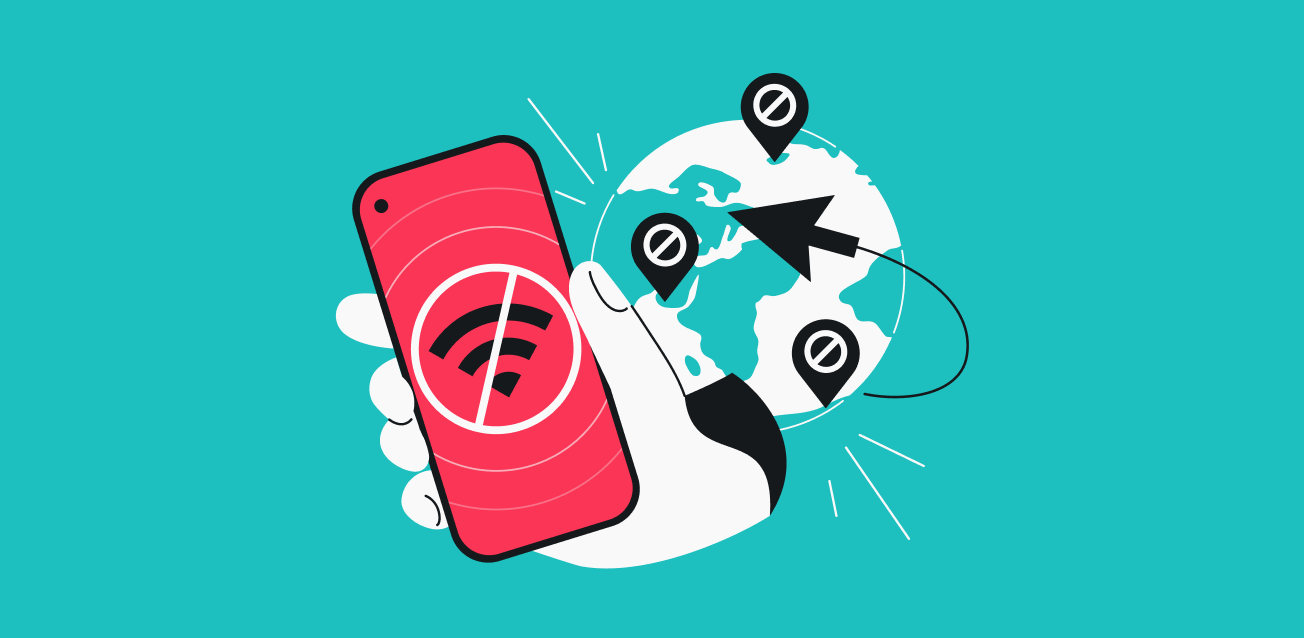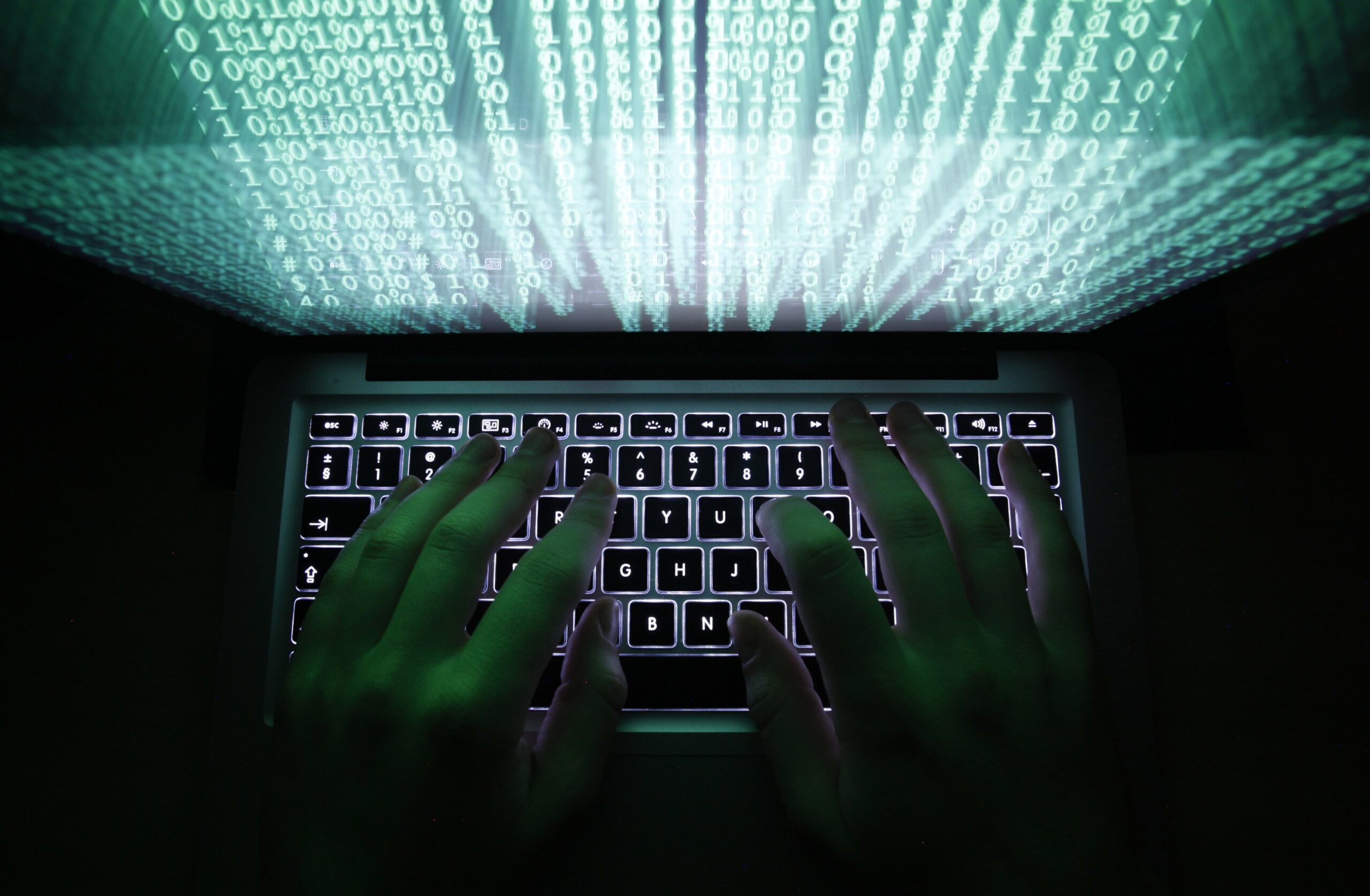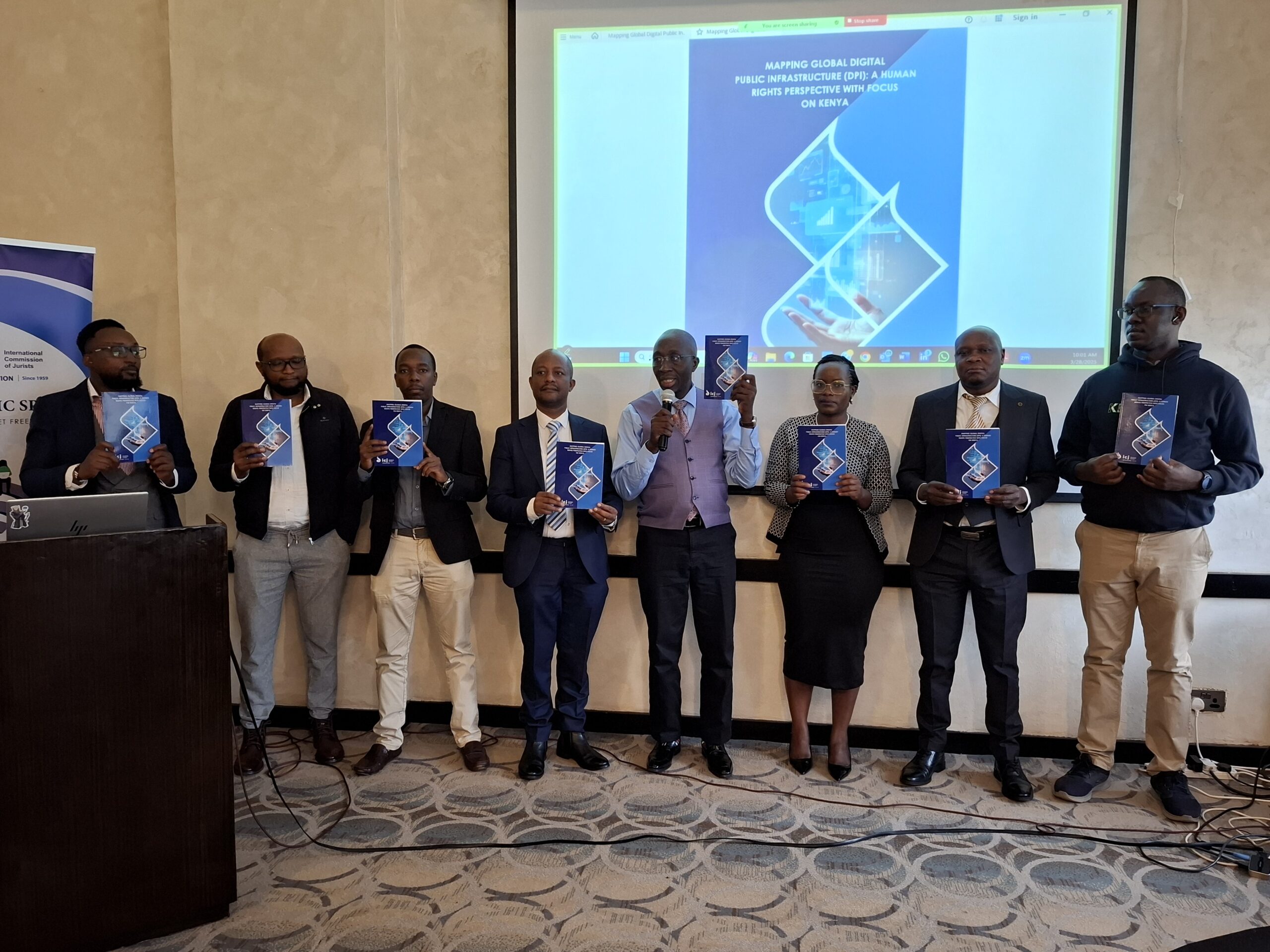NAIROBI,Kenya – In an era where digital access is vital for economic opportunity, civic participation, and human rights, internet shutdowns have become a dangerous tool of control. Governments worldwide use these shutdowns whether full blackouts or targeted restrictions to stifle dissent, obscure state actions, and avoid scrutiny.
While authorities often justify them as necessary for national security or public order, in practice, shutdowns silence protests, hide misconduct, and isolate communities. The consequences are severe, small businesses lose revenue, journalists cannot report abuses, and protesters are left vulnerable.
Internet access is not a luxury, it is an essential enabler of rights, including free expression, access to information, and assembly. It also underpins economic, social, and cultural rights, from education to employment. Shutdowns disproportionately harm fragile democracies and marginalized communities, where digital platforms are lifelines for political organizing and human rights monitoring.
By cutting access, governments erase evidence of state violence, prevent accountability, and deepen inequality. For young activists, shutdowns send a chilling message that their rights can be revoked at will.
International standards demand that restrictions on internet access be legal, necessary, and proportionate. Blanket bans and politically motivated shutdowns fail these tests, as affirmed by the UN and the African Commission on Human and Peoples’ Rights. Yet, shutdown tactics are evolving, with governments throttling bandwidth, blocking apps like WhatsApp, or imposing localized outages during protests or elections. These methods are subtler but equally damaging, aimed at controlling narratives and limiting mobilization.
The normalization of shutdowns is alarming. When telecom providers comply and officials offer vague excuses, accountability vanishes. The result is a loss of trust, transparency, and democratic space. Kenya’s recent shutdown during the June 25, 2024, protests sparked by the RejectFinanceBill2024 movement exemplifies this trend. After demonstrators stormed Parliament, security forces killed nearly 60 people, and the government abruptly cut internet access.
Civil society groups, includingThe International Commission of Jurists, Kenya Section (ICJ Kenya), The Bloggers Association of Kenya (BAKE), Paradigm Initiative (PIN), Kenya Union of Journalists (KUJ), Katiba Institute, The Law Society of Kenya (LSK) and The Collaboration on International ICT Policy for East and Southern Africa (CIPESA) challenged the shutdown in court, arguing it violated constitutional rights to expression, association, and information.
The petition invokes Articles 32 to 38 of the Kenyan Constitution, which guarantee freedoms of expression, association, and political participation, as well as Article 35 on access to information. It also draws on international human rights instruments such as the African Charter, the ICCPR, and UN declarations, affirming that digital rights should be protected just as offline ones.
The case targets both government agencies and telecommunications companies, with the petitioners seeking a declaration of unconstitutionality, a permanent injunction against future shutdowns, compensation, and the formal recognition of internet access as a protected right.
On May 14, 2025, the High Court issued interim conservatory orders in favor of the petitioners. While the Court has not yet ruled on the merits of the case, Justice Bahati Mwamuye found the issues raised to be serious enough to warrant temporary protection.
The Court prohibited the respondents from carrying out or facilitating any further internet shutdowns or disruptions to telecommunications and digital platforms. It also ordered them to preserve all relevant documents and communications related to past shutdowns. These measures represent an early procedural victory for the petitioners, offering immediate safeguards as the case proceeds to a full hearing scheduled for June 23, 2025.
As the case proceeds, its outcome could set a critical precedent not only for Kenya, but for the broader region, where digital rights are increasingly under threat. Whether courts will rise to the challenge of protecting access to the internet as a fundamental right remains a test for democracy in the digital age.
The writer,Constance Pratt is a French scholar and a Programme attache at the International Commission of Jurists – Kenyan Section. (ICJ – Kenya). This article was first published on the People Daily.











